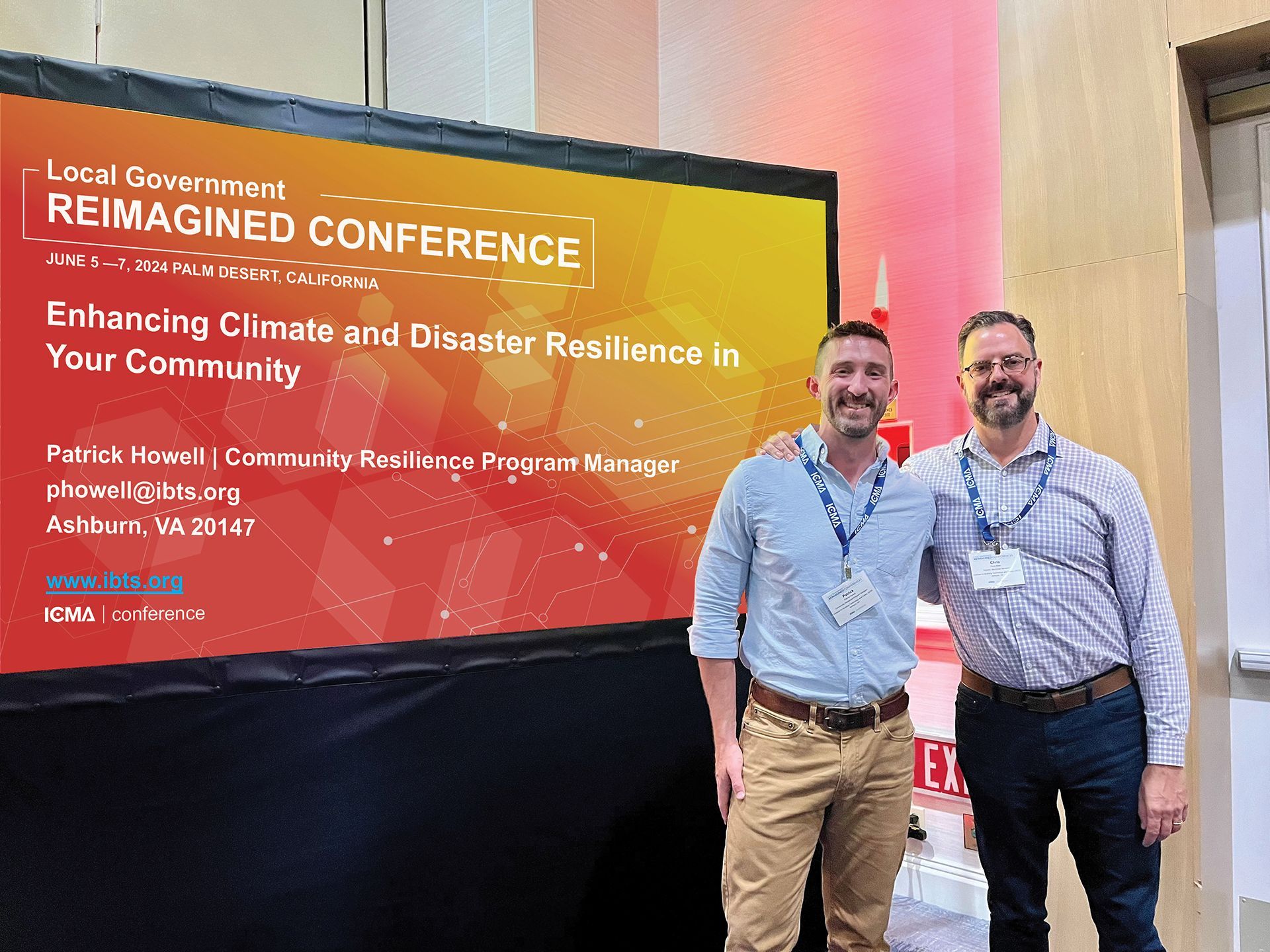FOR IMMEDIATE RELEASE
[San Juan, PR, September 13, 2024] – The Institute for Building Technology and Safety (IBTS) is proud to unveil the findings of a comprehensive economic study that underscores the significant impact of its Workforce Training Program (WFT) in Puerto Rico. Conducted in partnership with Huertas College and analyzed by Advantage Business Consulting, the study reveals that the WFT program is not only addressing critical labor shortages but also driving substantial economic benefits for the region.
In the wake of Hurricane María, Puerto Rico faced unprecedented challenges, including a severe shortage of skilled construction workers essential for the Island’s recovery and reconstruction. To tackle this issue, the Puerto Rico Department of Housing (PRDOH) developed the WFT program using Community Development Block Grant Disaster Recovery (CDBG-DR) funds provided by the U.S. Department of Housing. As an awardee of the program IBTS partnered with Huertas College to develop eight courses in construction aimed at equipping residents with the skills necessary to fill these crucial roles. Courses included key trades such as drywall, carpentry, cabinet making, and masonry; project management and supervision; and solar photovoltaic installation. All courses focused on meeting or exceeding current building codes.
The study highlights the success of this initiative, with 1,165 participants graduating as of June 2024. These newly skilled workers are poised to meet the growing demand in Puerto Rico's construction industry.
“We first and foremost see the impact of the program on the individual participants, who are now beginning rewarding careers in the construction industry,” said Judelly Hernández, IBTS Program Manager, who oversaw the WFT program. “However, the economic impact of this program extends far beyond these individuals,” she said. “The new jobs created through this initiative are stimulating the local economy, generating additional employment in related sectors. With the focus on current building codes, the professionals trained through this program will not only contribute to helping Puerto Rico rebuild, but also ensure that new structures are resilient to future storms. And those trained in renewable energy installations will also contribute to meeting Puerto Rico’s goal of 100% renewable energy by 2050.”
Key findings from the economic study note that IBTS’ WFT program efforts:
- Included the creation of 1,165 direct jobs as well as 261 indirect and 348 induced jobs supporting businesses.
- Injected over $55 million into the local economy through wages.
- Will generate an estimated tax revenue of $5 million annually.
PRDOH structured the WFT program to benefit low- and moderate-income (LMI) residents, with a national objective that 51% of participants qualify as LMI. Among participants in IBTS’ program, 66% were from low- to moderate-income households, surpassing the required threshold by 15 percentage points.
This success is largely attributed to the partnership with Huertas College, which provides a curriculum certified by the National Center for Construction Education and Research (NCCER), ensuring that graduates are well-prepared to meet the industry's needs.
As Puerto Rico continues its recovery efforts, the need for a skilled workforce remains critical. Although the IBTS WFT program has made significant strides in addressing this demand, new solutions will need to address the remaining jobs needed for reconstruction efforts. IBTS remains committed to continuing to provide solutions for sustained economic growth and resilience in Puerto Rico.
To read the report, click here.
About IBTS
IBTS is a national nonprofit organization and trusted advisor and partner to local, state, and federal governments.
Our nonprofit mission to serve and strengthen communities is advanced through our services. These include building code services and regulatory expertise; compliance and monitoring; community planning; disaster planning, mitigation, and recovery expertise; energy solutions; municipal services; grants management; market research; program management and oversight; resilience services; solar quality management; and workforce development and training.
IBTS’ work is guided by a Board of Directors with representatives from the Council of State Governments (CSG), the International City/County Management Association (ICMA), the National Association of Counties (NACo), the National Governor’s Association, and the National League of Cities (NLC).





